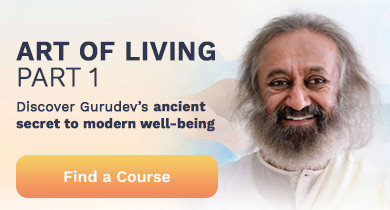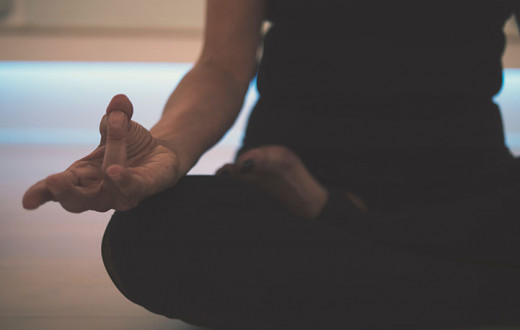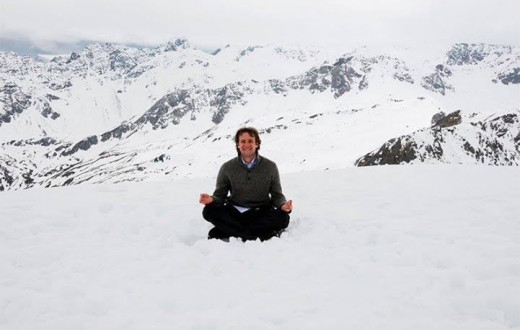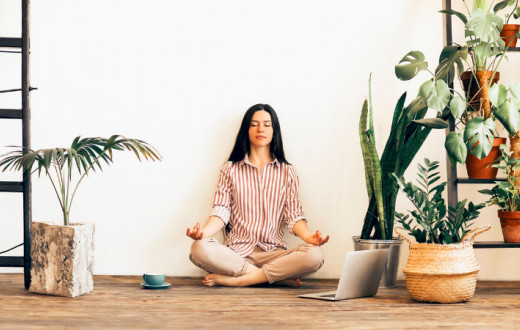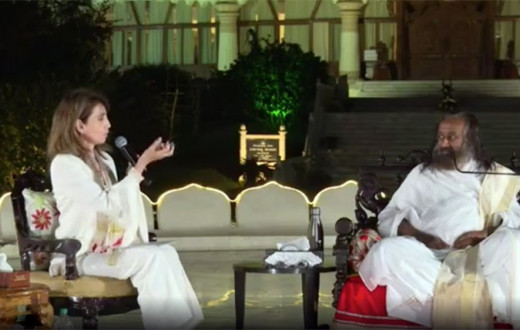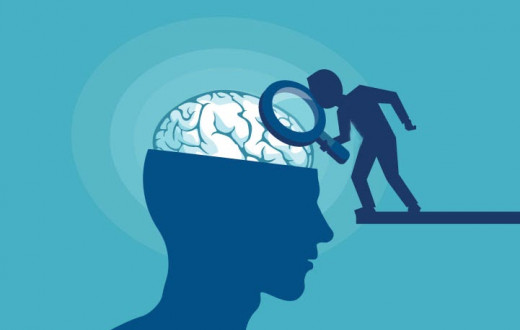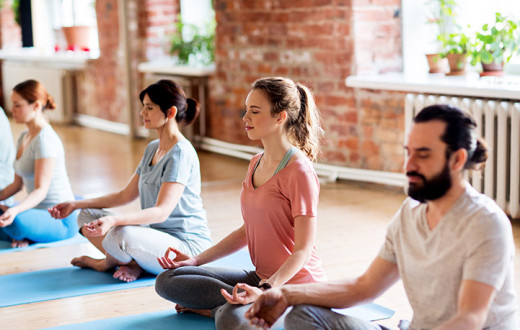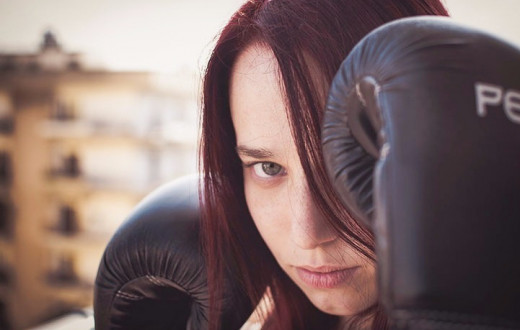By Sejal Shah
Difficulty falling asleep and having sleepless nights? Try this Ujjayi breathing (video included) and meditation to enjoy a deep and restful sleep.
Are you finding it difficult to sleep on time at night? You are not alone. The Center For Disease Control and Prevention’s studies in 2016 show that 50 to 70 million adults display some form of sleeping disorder, with men reporting a higher rate of insomnia than women.
If you have a hard time falling or staying asleep, your breath might be the solution to get a good night’s sleep. Insomnia as it is called in medical terminology, has many causes, including an overactive mind, stress, hormonal changes, chronic pain, sleep apnea, etc. Lack of sleep, in turn, can worsen these conditions, causing a depleting vicious cycle of sleep deprivation and daytime fatigue. Practicing yoga asana, simple pranayama (breathing techniques) like the Ujjayi breathing discussed here, and meditation can relieve many underlying issues to help bring peace of mind and balance in your life, which can result in sound, deeper, and more regular sleep. This in turn can improve the overall quality of your life.
Pro Tip: Turn off your cell phone and stop looking at all screens at least one hour before bed. The blue light emitted from screens tricks the brain into thinking it’s still daytime, decreasing the secretion of the sleep hormone melatonin and preventing feelings of natural sleepiness.
The breath-mind link
Even though you may not have noticed consciously, the breath-mind connection is very powerful. Ancient yogis recognized this connection during their deep meditation. After so many years, now even scientists have identified links between your breathing patterns and emotions, meaning you can use different rhythms of your breath to regulate your state of mind. Think about it: When you are feeling anxious and your heart is racing, what’s the first thing you do? Deep breathing. When you’re restless, sleepless, and nervous before a test or big interview, what’s the most common piece of advice you’re given? “Take a deep breath.” This is because breathing helps slow your heart rate, which can lower anxiety, calm your mind and even help you find those zzzs.
Here is one yoga pranayama, breathing exercise, or breathwork—the term that is getting popular in recent times—to try next time sleeplessness is troubling you:
Ujjayi breathing technique for deep sleep
Most yogis are familiar with Ujjayi breath also known as "ocean breath" or "victorious breath" or "throat breathing" or “Darth Vader breath”. This is a form of controlled breathing or Pranayama that involves constricting the back of your throat while breathing and is often used with breath-based asana practice like vinyasa yoga or ashtanga yoga. This same yoga breathing can help you get to sleep.
How to generate Ujjayi breath
To create the Ujjayi breath, one can constrict the back of the throat, similar to the constriction made when speaking in a whisper. Therefore, it is an audible breath that is often compared to the sound of the ocean or snoring. Although there is a constriction of the throat, the Ujjayi breath flows in and out through the nostrils, with the lips remaining gently closed. The breath should be both long, smooth, and subtle allowing the air to reach all the cells in your lungs. In the beginning, it may seem like a lot of work, but eventually, it should become effortless. For a beginner in yoga, exhalation with Ujjayi is relatively easier than inhalation. So you may start with learning Ujjayi exhalation.
Your yoga teacher may have taught this breath in your yoga class. But here is a video to learn and practice Ujjayi breathing.
How to use Ujjayi breathing for sleeplessness
Once you have learned the Ujjayi technique, you can use it in your bed when going to sleep. Lie on your bed comfortably and start relaxing your body. Begin with a couple of regular deeper breaths and slowly transition to Ujjayi breathing. Inhale slowly for a count of 4 and exhale slowly for the count of 4-6. It is important that the inhalation and exhalation are slow, soft, deep, and long without any tension in the throat muscles. Tension, in any form, might have a contrary impact. It is best recommended not to use any force. Let it come as naturally as possible. Just 8-10 Ujjayi breaths should be enough for putting you to sleep.
What else can help?
Yoga Nidra—a 20-minute yogic power nap could be your very useful tool to combat the sleepiness and tiredness that you may experience during day time.
Meditate with an App
Most of the issues around sleep begin with your overthinking mind at night. This is where meditation can help. When you settle the mind with meditation, it is easier to wind down, let go, and relax. This Meditation Sleep Guide will help you understand how meditation works for giving you a good sleep at night. The guide even explains the science behind it.
You may also try the Journey App, it has a great collection of guided meditation specifically useful for sleep-related issues.
Chronic Insomnia?
The SKY Breath Meditation is yet another evidence-based powerful breathing technique that has helped so many people worldwide with insomnia-related long-standing issues. Join our free interactive breath and meditation class with a live instructor (online or in-person) to know more about the SKY breath meditation, plus enjoy a beautiful guided meditation too.
Next time you’re tossing and turning, remember that you have an amazing and free tool to help lull you to sleep right there in bed with you: Your own breath!!!
Sleep Well! Sweet dreams!
Sejal Shah, E-RYT 500 Sri Sri Yoga Teacher, YACEP, C-IAYT, Meditation Teacher, Happiness expert, NYU Post Graduate Medical School approved Yoga-CME retreat facilitator, Mind-Body Wellness Writer, Homeopath. She can be followed on Instagram, Twitter, and Facebook.

